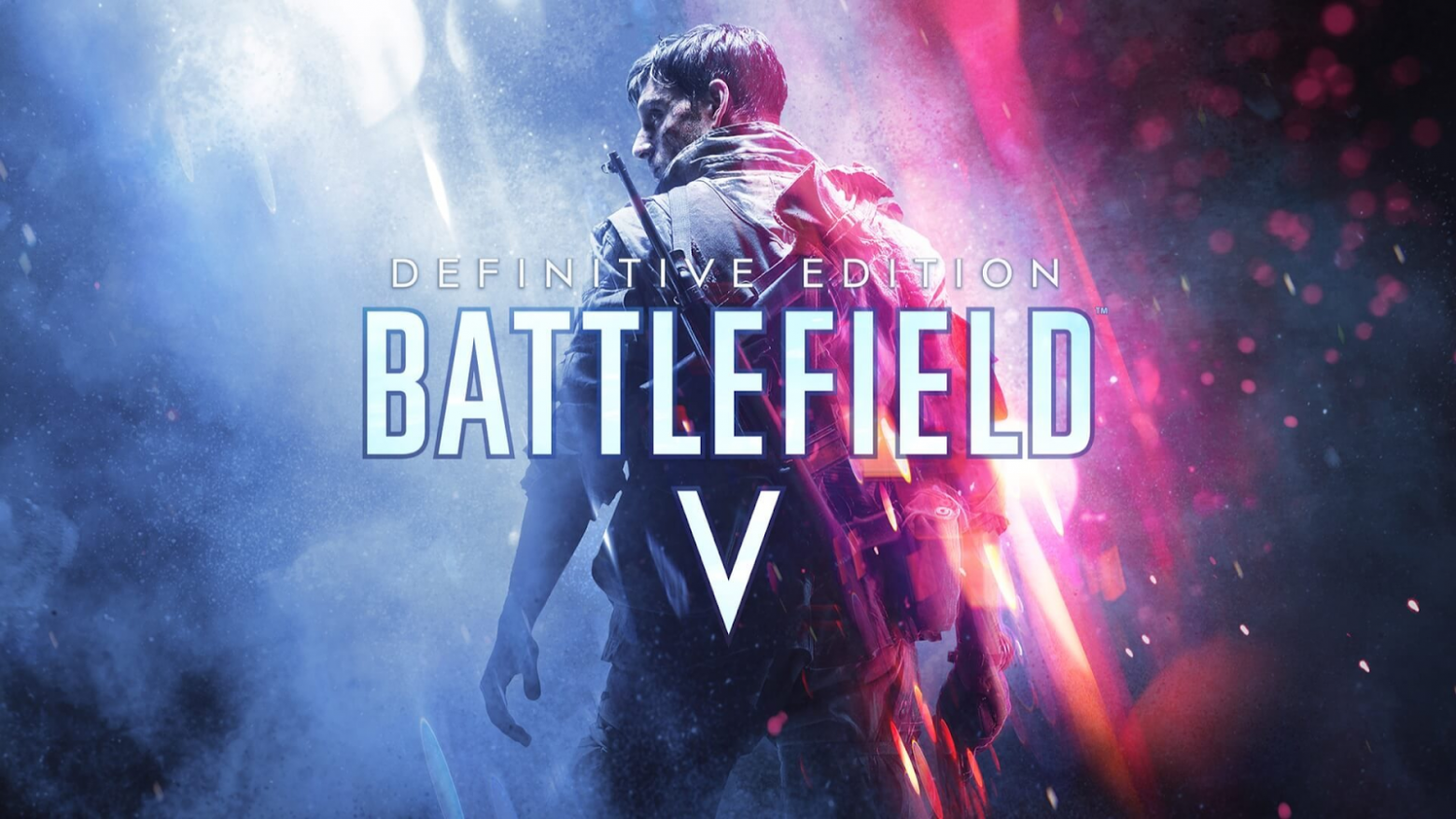The role of AI in the gaming industry
The likely reason for the rapid introduction of AI into the gaming industry may be related not only to the fact that it is a lucrative market worth billions of dollars. The roots of this interest may stem from the human natural desire to gain an advantage in a competitive environment in order to achieve goals. Do you remember game theory? It is a mathematical method that stimulates strategic decision-making by individuals and larger organizations such as companies or even entire societies.
Although games are traditionally classified as entertainment, scientists are working on serious applications of AI, teaching models in a gaming environment. Possible real-world scenarios include military training, education, driving instruction, medical training, and mental health therapy.
Moreover, the creation of games is at the forefront of large-scale innovations in the field of software development. For example, at the annual IEEE conference, the gaming giant Electronic Arts announced:
Battlefield V's technical automated testing requires checking 601 different functions, which is about 0.5 million hours of manual testing. This corresponds to about 300 working days.
In response to these challenges, researchers use Reinforcement Learning (RL) and other models, thus striving to go beyond the limitations of scripting bots (while manual testing is becoming increasingly outdated). In addition, developers spend thousands of hours on routine tasks, such as programming character gestures, which can be automated using AI, freeing up time for more interesting tasks. In this sense, AI in gaming and testing seems not just desirable, but necessary.
How is AI used in gaming?
According to some estimates, the gaming industry is leading the way in the creation and development of artificial intelligence. The market is thriving thanks to AI algorithms that run on cloud gaming platforms and are constantly scaling.
Non-player characters (NPCs, NPCs)
Older generation NPCs are known for their unnatural body language. Artificial intelligence engineers have come up with several ways to improve the behavior of "non-characters" to make games more enjoyable. For example, "smart" NPCs were implemented in Unreal Engine. Scientists have developed an algorithm using finite state machines and fuzzy finite state machines. The former adjust the behavior of NPCs based on a set of states (patrolling, chasing, etc.) that are triggered by events (player review, noise). And the latter provide smooth and subtle transitions between states based on fuzzy logic (a spectrum of variables). Additional neural networks allow NPCs to learn from experience, and genetic algorithms develop their behavior over time.
Procedural content generation
Machine learning algorithms can generate new levels, items, and quests. This helps to keep the games fresh and interesting for gamers. Procedural means that AI creates content based on a predefined set of rules, but developers do not allow it to go beyond certain limits. This helps to avoid unethical situations. At the same time, generative-adversarial networks work as an improvement mechanism in which the generator and the discriminator work "against" each other, which leads to the creation of more realistic and creative content.The likely reason for the rapid introduction of AI into the gaming industry may be related not only to the fact that it is a lucrative market worth billions of dollars. The roots of this interest may stem from the human natural desire to gain an advantage in a competitive environment in order to achieve goals. Do you remember game theory? It is a mathematical method that stimulates strategic decision-making by individuals and larger organizations such as companies or even entire societies.
Although games are traditionally classified as entertainment, scientists are working on serious applications of AI, teaching models in a gaming environment. Possible real-world scenarios include military training, education, driving instruction, medical training, and mental health therapy.
Moreover, the creation of games is at the forefront of large-scale innovations in the field of software development. For example, at the annual IEEE conference, the gaming giant Electronic Arts announced:
Battlefield V's technical automated testing requires checking 601 different functions, which is about 0.5 million hours of manual testing. This corresponds to about 300 working days.
In response to these challenges, researchers use Reinforcement Learning (RL) and other models, thus striving to go beyond the limitations of scripting bots (while manual testing is becoming increasingly outdated). In addition, developers spend thousands of hours on routine tasks, such as programming character gestures, which can be automated using AI, freeing up time for more interesting tasks. In this sense, AI in gaming and testing seems not just desirable, but necessary.
How is AI used in gaming?
According to some estimates, the gaming industry is leading the way in the creation and development of artificial intelligence. The market is thriving thanks to AI algorithms that run on cloud gaming platforms and are constantly scaling.
Non-player characters (NPCs, NPCs)
Older generation NPCs are known for their unnatural body language. Artificial intelligence engineers have come up with several ways to improve the behavior of "non-characters" to make games more enjoyable. For example, "smart" NPCs were implemented in Unreal Engine. Scientists have developed an algorithm using finite state machines and fuzzy finite state machines. The former adjust the behavior of NPCs based on a set of states (patrolling, chasing, etc.) that are triggered by events (player review, noise). And the latter provide smooth and subtle transitions between states based on fuzzy logic (a spectrum of variables). Additional neural networks allow NPCs to learn from experience, and genetic algorithms develop their behavior over time.
Procedural content generation
Machine learning algorithms can generate new levels, items, and quests. This helps to keep the games fresh and interesting for gamers. Procedural means that AI creates content based on a predefined set of rules, but developers do not allow it to go beyond certain limits. This helps to avoid unethical situations. At the same time, generative-adversarial networks work as an improvement mechanism in which the generator and the discriminator work "against" e

